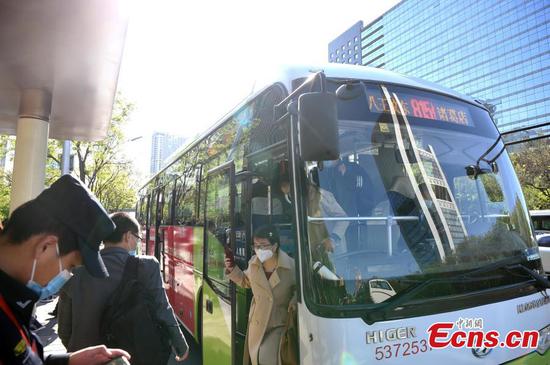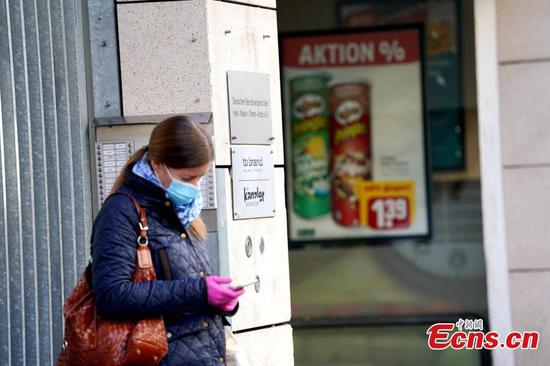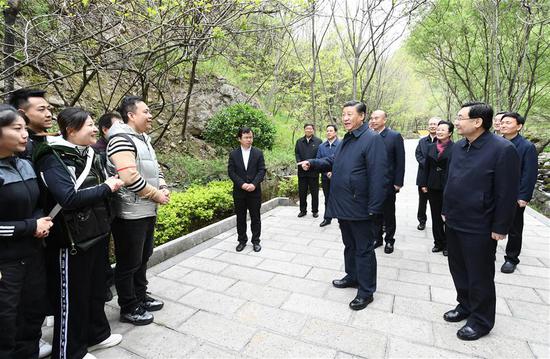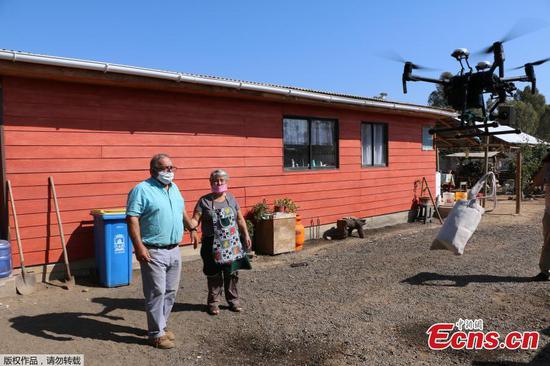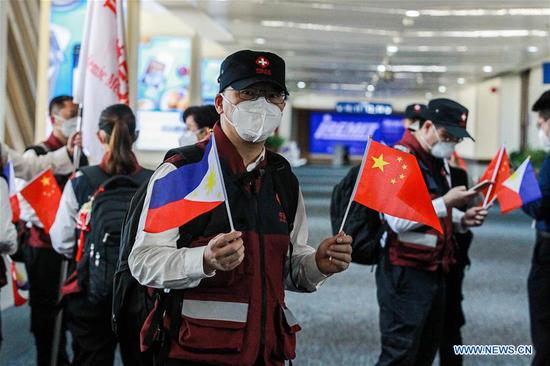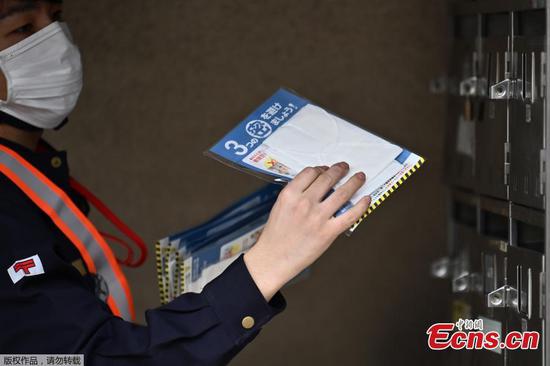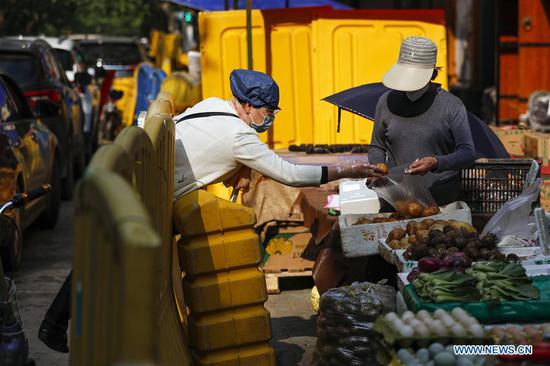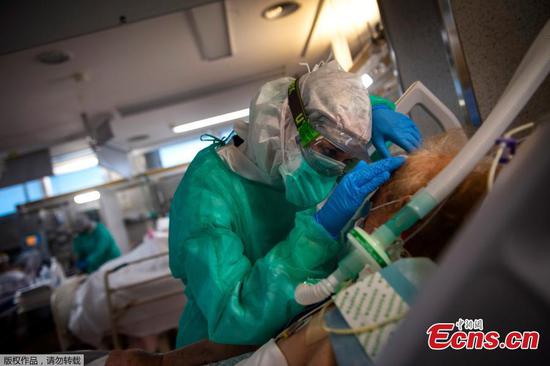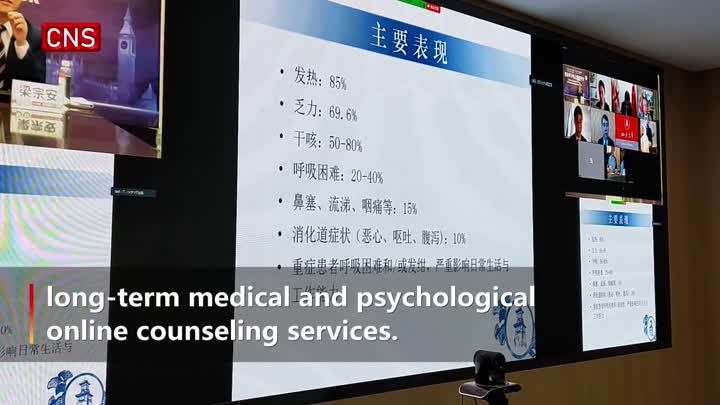Key meeting decides to make changes meant to release liquidity, boost access
In order to encourage financial institutions to better serve micro and small businesses, China will work to revise downward the provision coverage ratio of small and medium-sized banks, the State Council's executive meeting chaired by Premier Li Keqiang decided on Tuesday.
The ratio is a percentage of money that needs to be set aside by the banks to cover possible losses from bad loans. Reduction of the ratio is expected to free up more funding for smaller businesses.
"We must scale up financial support for the real economy, the micro, small and medium-sized businesses in particular, to help them overcome the difficulties," Li said.
It was decided at the Tuesday meeting that the regulatory requirement for the provision coverage ratio for small and medium-sized banks will be revised down by 20 percentage points to free up more credit resources and boost the capacity to serve micro and small companies.
In another move to promote more lending to micro and small firms, the meeting decided to raise requirements for more inclusive finance-financial services to firms that otherwise might find it difficult to access such services. It would do that by raising the weight of inclusive finance to no less than 10 percent of the overall performance-based evaluation index for branches and subsidiaries of banking institutions.
"Financial departments should adjust and adapt support policies to the changing COVID-19 situation and economic conditions. Policies introduced must be tailored and robust," Li said.
The central bank has cut the amount of cash that banks must set aside as reserves three times this year, releasing 1.75 trillion yuan ($247.4 billion) in liquidity.
The meeting also decided on a three-month rent exemption in the first half of this year for firms in the services sector that lease State-owned properties to ease the burden on micro, small and self-employed businesses.
The meeting urged State-owned enterprises, especially those directly under the central government, and public institutions such as colleges, universities and research institutes, to take the lead in offering such rent relief.
Lessors who offer such rent cuts will see real-estate taxes and urban and township land use taxes lowered or waived this year, and may access pledged loans at concessional rates as necessary from State-owned banks. Non-State property owners also are eligible for the policy incentives.












